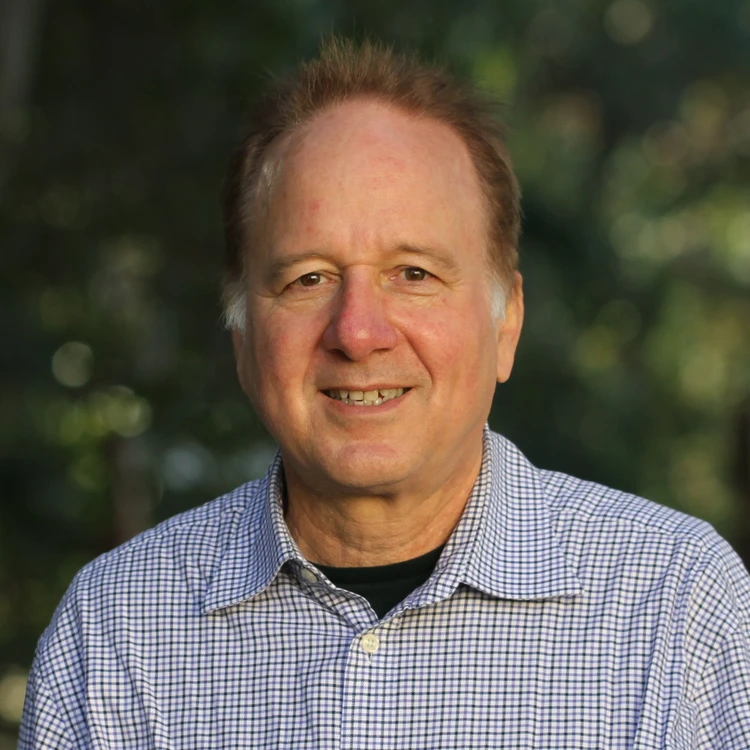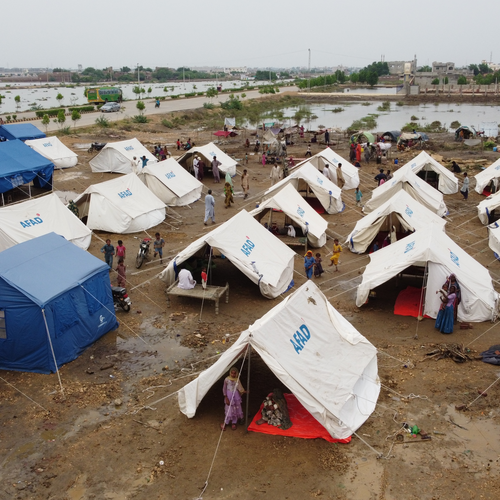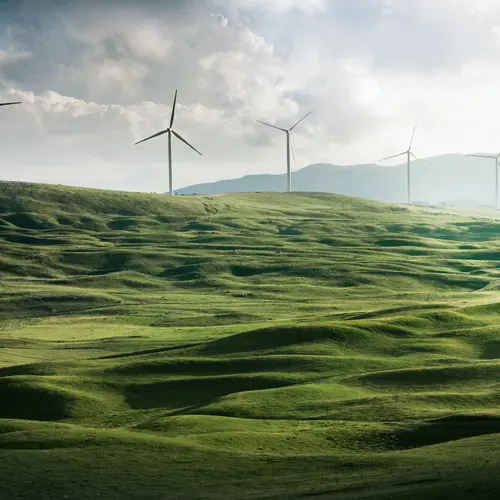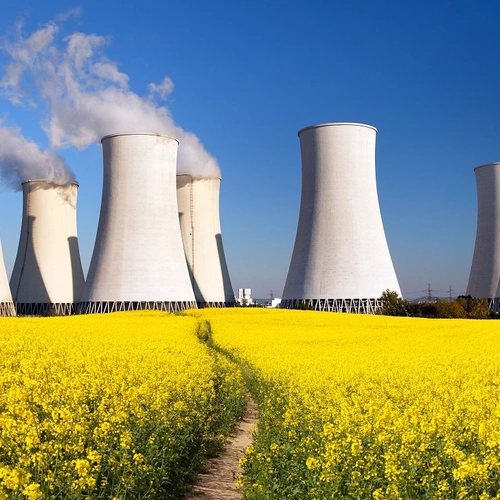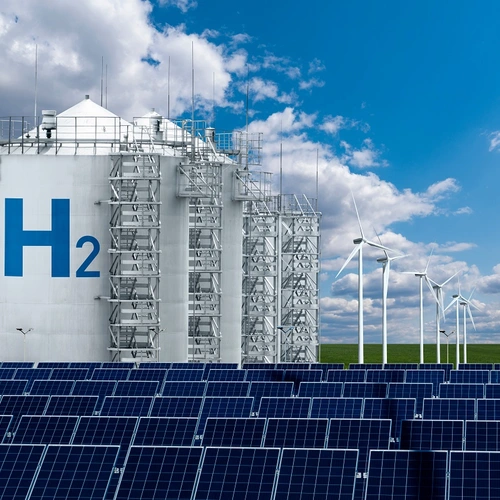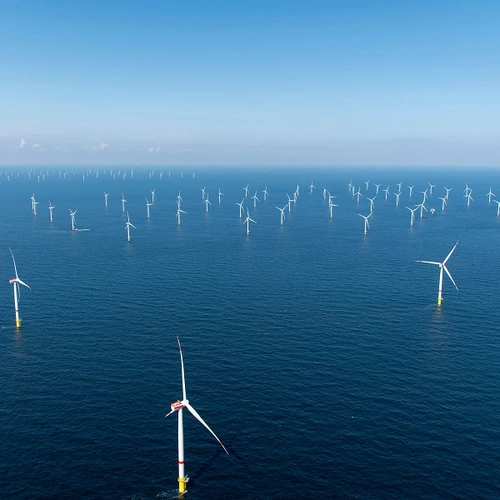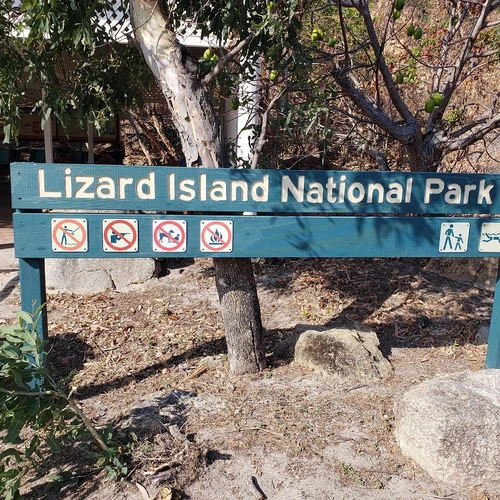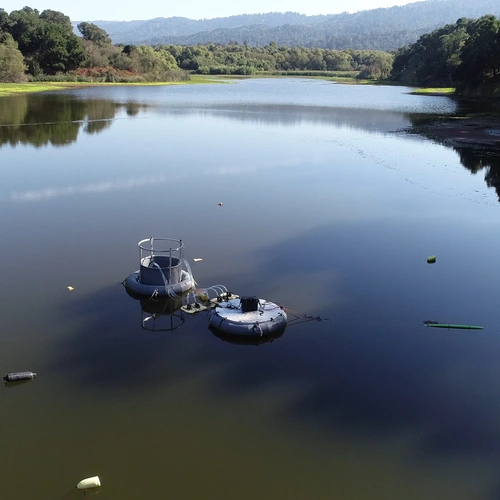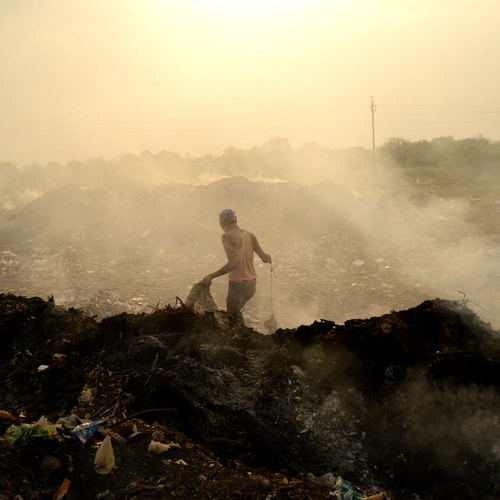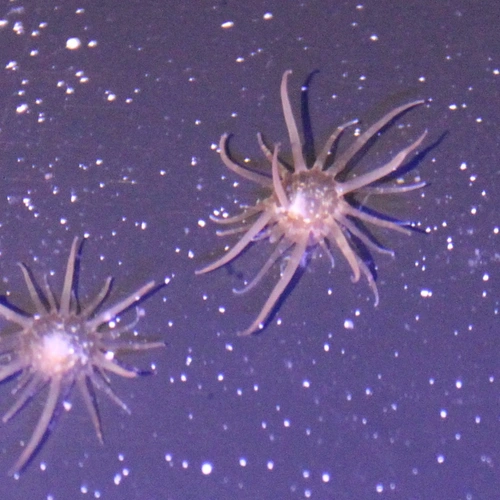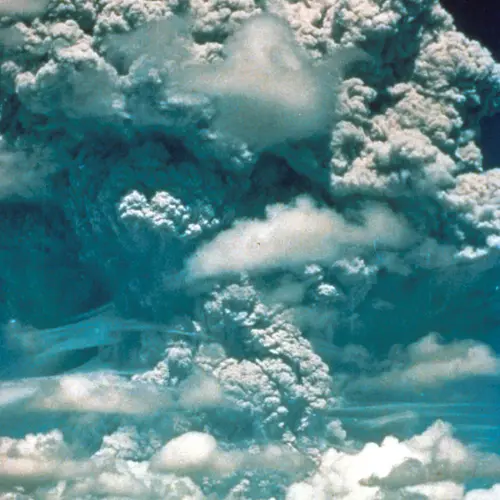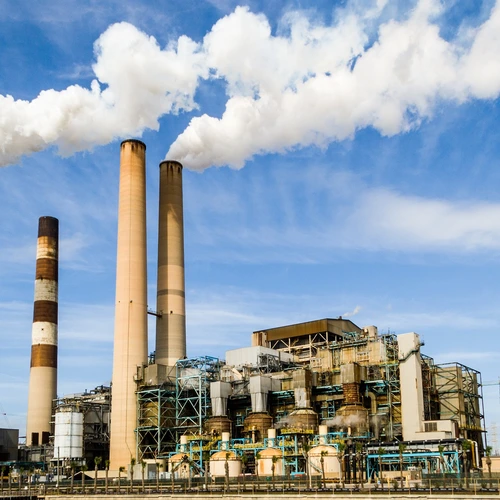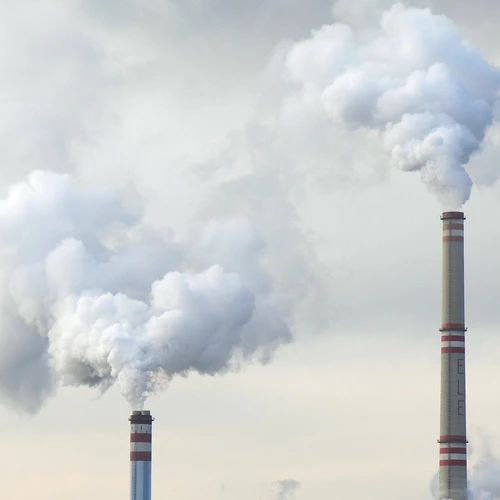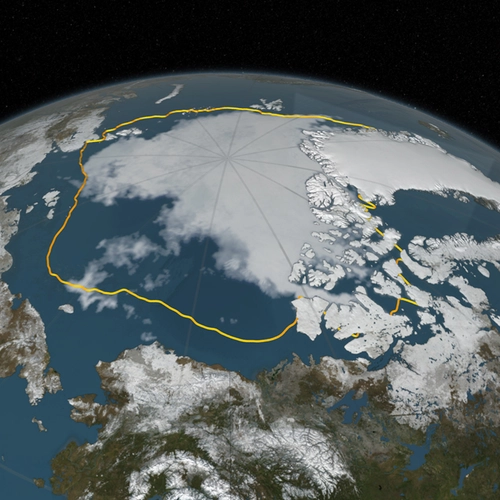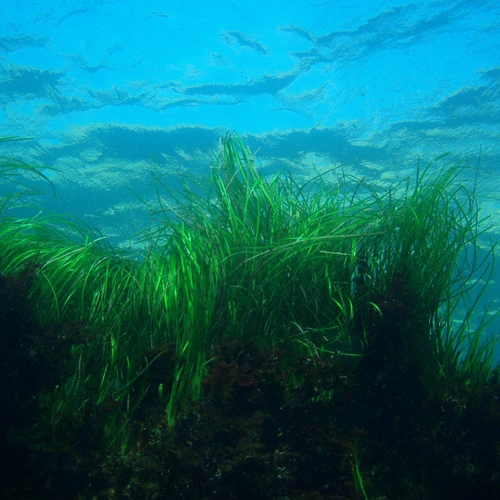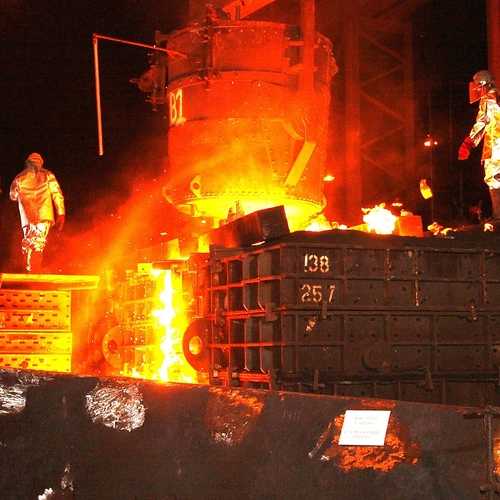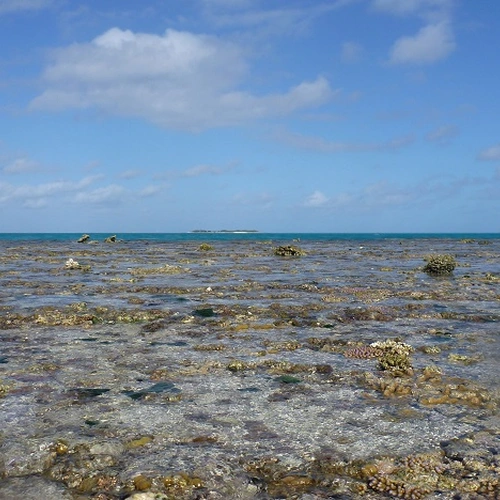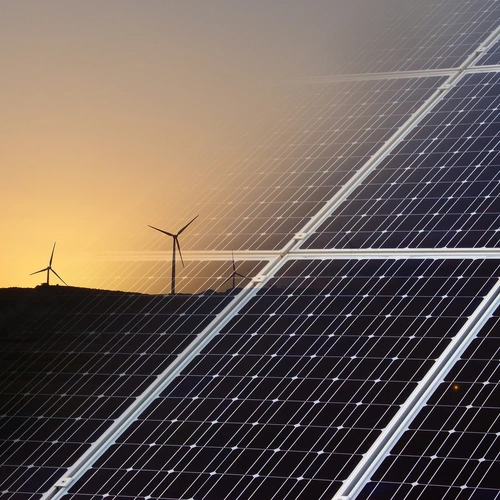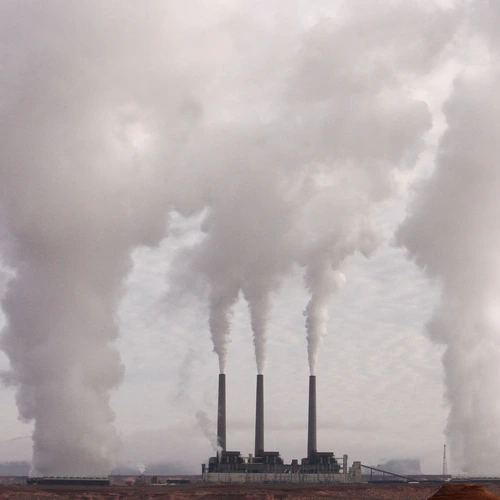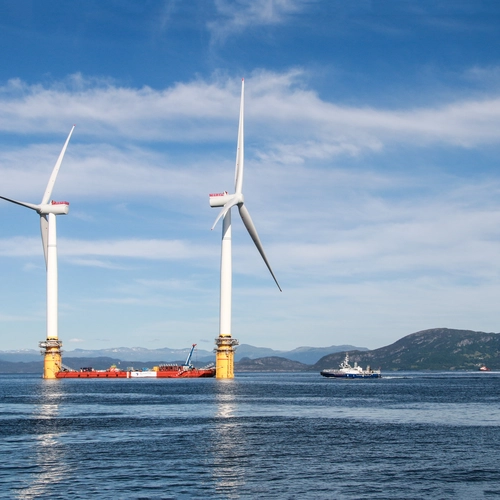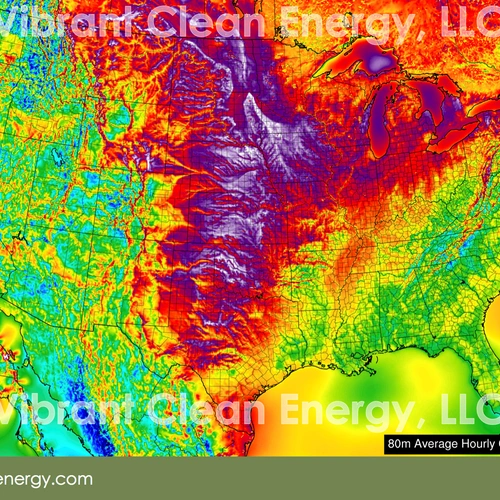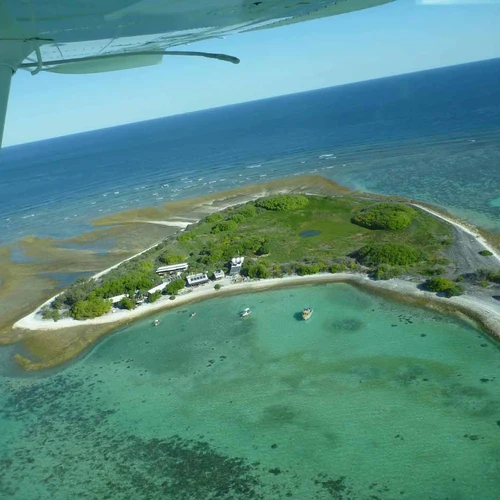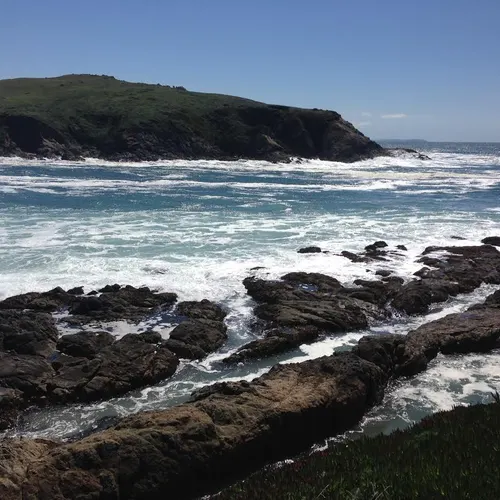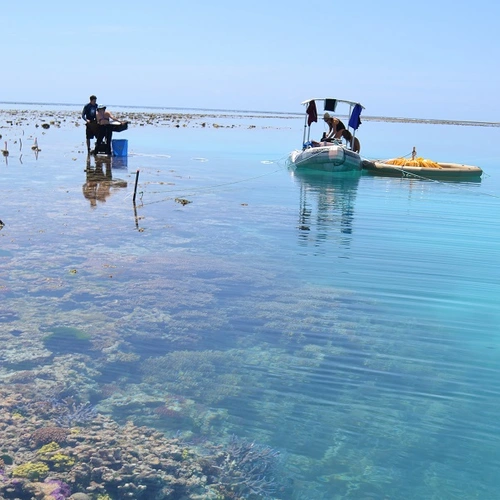Overview
Ken Caldeira is a Senior Scientist (emeritus) in Carnegie Science's Department of Global Ecology. He is also a Senior Scientist at Breakthrough Energy, a non-profit organization aimed at "helping the world get to net-zero greenhouse gas emissions while making sure everyone has access to the clean, affordable, and reliable energy they need to thrive." Caldeira is also a Professor (by courtesy) in Stanford University’s Department of Earth System Science, and participates in teaching and advising of Stanford students in that capacity. Professor Caldeira has a wide-spectrum approach to analyzing the world’s climate systems. He studies the global carbon cycle; marine biogeochemistry and chemical oceanography, including ocean acidification and the atmosphere/ocean carbon cycle; land-cover and climate change; the long-term evolution of climate and geochemical cycles; climate intervention proposals; and energy technology.
Caldeira is a member of the committee producing the 2015 U.S. National Academy of Sciences report "Geoengineering Climate: Technical Evaluation and Discussion of Impacts". He is also a contributing author to the Intergovernmental Panel on Climate Change (IPCC) AR5 report Climate Change 2013: The Physical Science Basis. In 2010, Caldeira was elected Fellow of the American Geophysical Union. He was a co-author of the 2010 US National Academy America's Climate Choices report. He participated in the UK Royal Society geoengineering panel in 2009 and ocean acidification panel in 2005. Caldeira was coordinating lead author of the oceans chapter for the 2005 IPCC report on Carbon Capture and Storage.
From the early 1990s to 2005, he was with the Energy and Environment Directorate at the Lawrence Livermore National Laboratory where he was awarded the Edward Teller Fellowship (2004), the highest award given by that laboratory. Caldeira did post-doctoral research in the Department of Geosciences at Penn State University and in the Energy and Environment Directorate of Lawrence Livermore National Laboratory. Caldeira received his B.A. from Rutgers College and both his M.S. (1988) and Ph.D. (1991) in atmospheric sciences from New York University. In the 1980’s, Caldeira held a number of positions developing computer software for various clients in New York’s financial district.
Among Caldeira’s many key contributions to science are his relatively early recognition of the threats posed by ocean acidification, his pioneering investigations into the environmental consequences of intentional intervention in the climate system (“geoengineering”), and central role in helping to elucidate what our understanding of long-term geochemical cycles implies for the fate of today’s carbon dioxide emissions.
Research
- Work on whatever problems seems most likely to provide the highest return on invested time and resources, where that return is measured in terms of social utility and intellectual interest.
- Suggest important and tractable problems to postdocs and students through conversations and questions.
- Attempt to facilitate their success in attacking these problems
- Energy and economic modeling and analysis
- Earth system modeling and analysis
- Coastal oceanographic experimentation and observation
Timeline
CV
- Ph.D.,1991: New York University, Atmospheric Sciences, Department of Applied Science
- M.S.,1988: New York University, Atmospheric Sciences, Department of Applied Science
- B.A.,1978: Rutgers College, Philosophy
